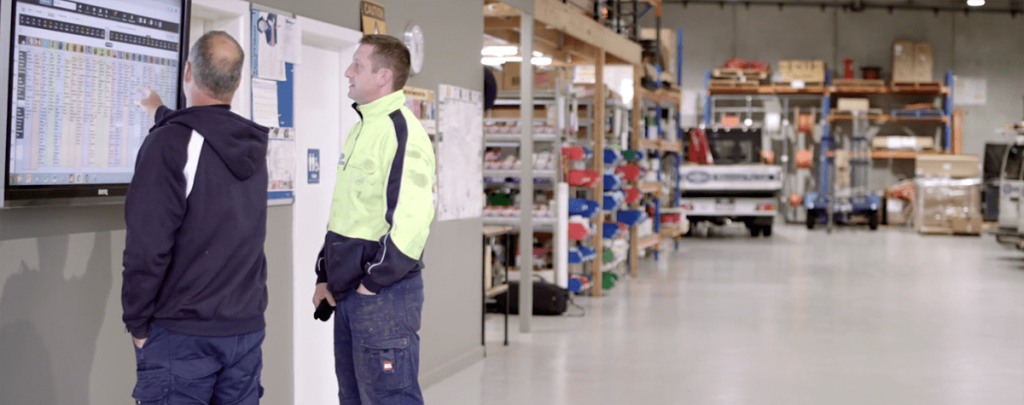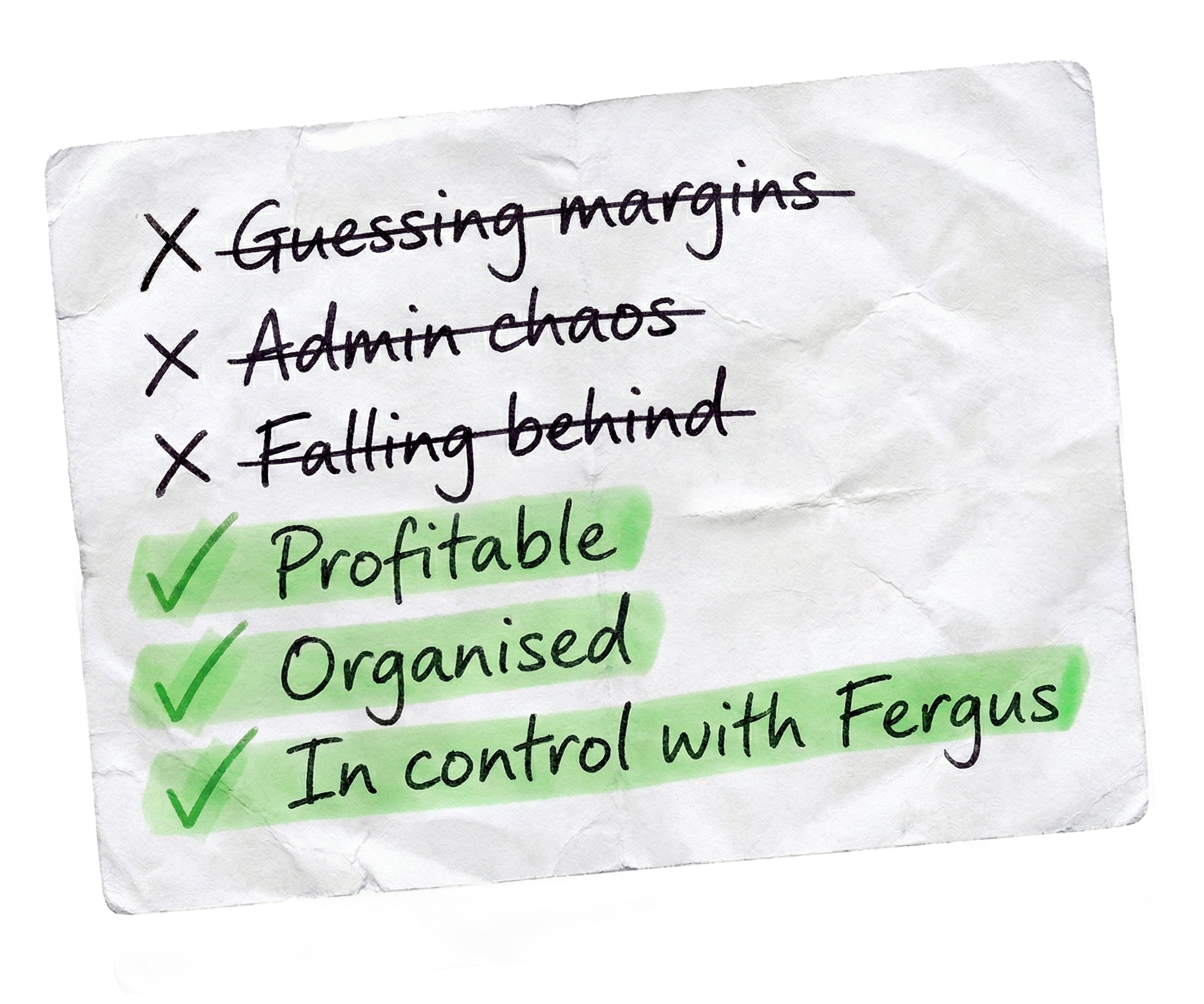
Let’s face it, tax time is never easy and many of you will be feeling the brunt of this busy and often stressful time. To make it less of a pain in the 🍑, I encourage you to view the end of the financial year as more than just a series of administrative tasks.
Take this time as an opportunity to get a detailed picture of your business and put healthy financial habits in place that will save you from repeating mistakes in the future. Here are some tips to get you started.
It’s all about discipline when it comes to keeping on top of the books. If you are someone who is constantly putting your record-keeping on the back burner, you’ll know how painful it is to sit down and have to tackle days, weeks or even months of invoicing and receipts. If you don’t have the right processes in place, this is also where mistakes get made.
Take a different approach to bookkeeping and make it less onerous by setting aside a small amount of time every day (or at least every other day). If you can’t do it, seriously consider hiring or outsourcing it to someone who can.
Unpaid debts was one of the biggest problems my plumbing business faced. These debts were in the thousands every year (I’m talking up to $40,000/£20,700+), from businesses that had gone under or just refused to pay.
In the beginning, I saw bad debts as part and parcel of running a trades business. However, one year it occurred to me that I might be able to foresee or predict whether a customer would pay or not. And if I could work that out, I could avoid taking on those jobs in the first place.
So I poured through my books, looked for common traits of bad debtors and I cracked it. For me, this was a game-changer. So one of your priorities heading into the new year should be to sit down and see if you can do the same. Know your numbers, look at the areas of your business that impact most on your profit and take note of where your business is performing well and where it is not.
At a more granular level, look for patterns in jobs that generated good profit returns and use what you learn to decide what future work you take on, as Malady Electrical did.

A further note on bad debts. Until bad debts are written off they are classed as an asset by the tax department. Therefore, any bad debts will be included in your total assets and subject to your total revenue calculation.
Talk about leaving a bad taste in your mouth – paying tax on a debt that’s unlikely to be paid. So it’s good practice to regularly review your debts, inventories and fixed assets. The next step is to write off debts that you can’t recover, and rid yourself of obsolete stock and assets that are no longer revenue-generating.
Did you know that you can make accurate assumptions about how your business is going every time you file your GST/VAT? This tax is a pretty good estimator of what your net profit is going to look like. There are some online calculators to show you how it works, but it’s best to get your bookkeeper or accountant to do it for you every tax cycle.
When you do this calculation invariably there will be tax to pay and what you do is make a voluntary payment. If you do this frequently (or often as the Tax Office allows you to) it means at the end of your tax year your terminal tax or final tax bill will be very small and completely manageable and if there is a refund you can just put it to your next tax bill.
What this all means is that paying taxes just becomes a priority in the business and it becomes part of the usual business.
The discussion on tax highlights how much emphasis needs to be put on the invoicing and cash collection side of a business. A business makes no money until the invoice is sent, once the invoice is sent the cash collection cycle can happen.
We recently got chatting with James from Elon Electrics, who summarised the difference this made for his business.
“Every 3 months my boss and I would catch up and we would drag together the scraps of paper from all over our offices, utes, bedrooms or wherever and do a quarter of a year worth of invoicing that way. It was always massively stressful, it also meant we missed things…
Now instead, I can do invoicing anytime. Whenever I go into Fergus, as long as the boys have input their info on the jobs (which they’re pretty good at), all the info is there. This includes my supplier documents, those from Middy’s my wholesaler, everything gets sucked into the job making it all so easy.”
So ask yourself, what can you do so your business can invoice every day? Do your systems and processes support you in achieving this? If you are invoicing and following up on invoices every day you will notice the cash starts to come in very quickly. Then you can always do the nice things, like have a bookkeeper, pay the wages easily, and meet your GST/VAT payments etc.
All in all, there are a lot of moving pieces when it comes to tax management and it’s not easy to manage. If you are doing it by yourself then hats off to you, but I would always recommend having a professional filing your returns or at least oversee things to give you that extra peace of mind and help you avoid tax problems in future.
If you’re not using job management software, seeing how your business is performing in certain areas and how profitable individual jobs are can be difficult. Below is a free Profit & Loss Calculator that will show you whether you are making or losing money on a job in real-time. Simply enter your materials and labour costs in the fields provided before taking a look at the analysis.
For a long-term solution, sign up for a free trial of Fergus job management software for tradespeople.
Stop drowning in admin & paperwork. Start focusing on the jobs that make you money.



Our 20,000+ trades businesses have slashed their admin, are getting paid faster, and are finally enjoying their weekends again.






